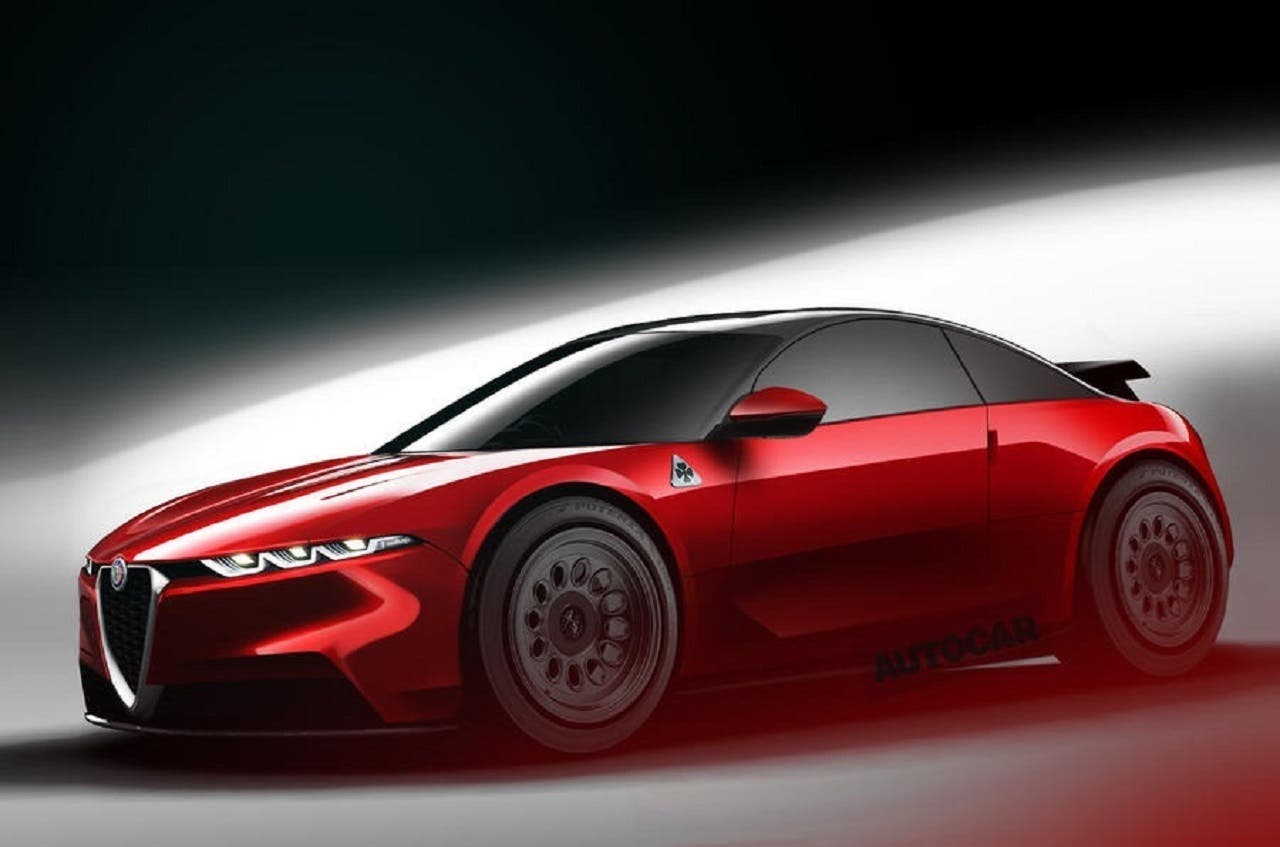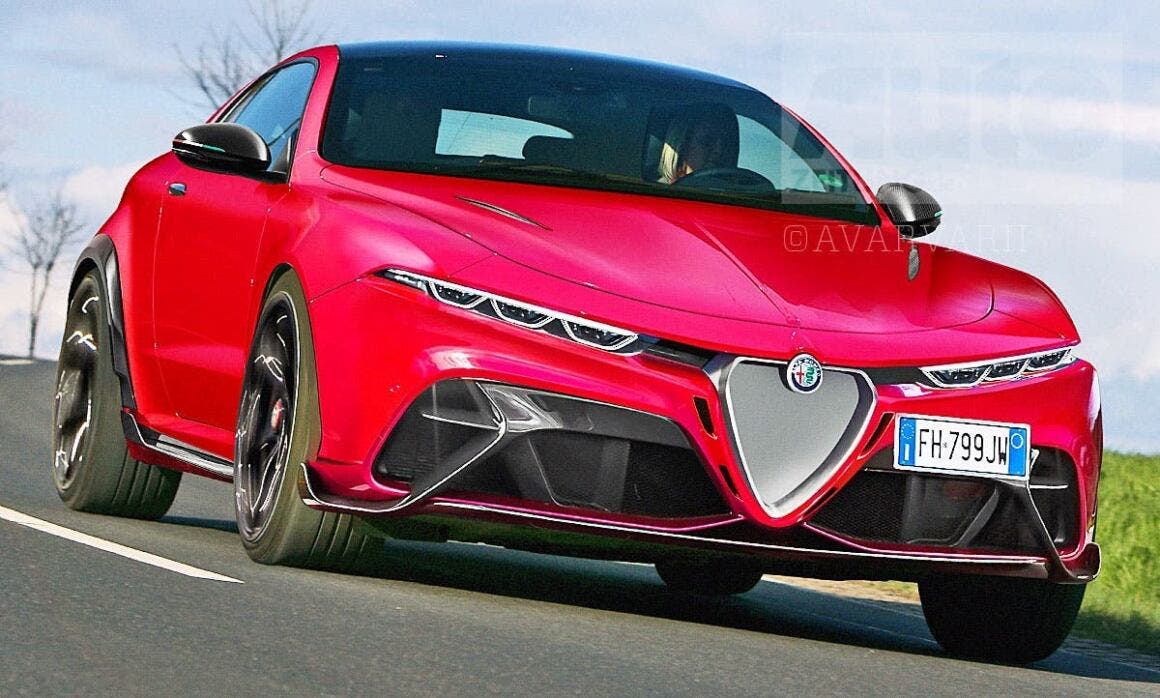Alfa Romeo plans to enter the electric car segment by proposing a sports sedan to compete with models such as the BMW i5 and Tesla Model S. While the Italian car manufacturer is already working on an E-SUV, it plans to follow up with a fully electric sedan. Jean-Philippe Imparato, the head of the Alfa Romeo brand, disclosed this information to AutoExpress. A compact sedan and a new edition of the Giulia are also currently under development.
More rumors are surfacing about the potential arrival of a high-performance sports sedan from Alfa Romeo to challenge the Tesla Model S
With the design of this larger sedan, Alfa Romeo aims to compete with models like the BMW i5 and Tesla Model S. However, it will take some time before this becomes a reality, as the market launch is not planned before 2027. Imparato told AutoExpress, “We are destined to become a global premium brand, so I have to consider the premium segment of large electric cars.” He emphasized that the main challenges lie in aerodynamics, as the brand intends to preserve its sporty DNA in the 21st century. Reportedly, the new electric sedan will be positioned above the future fully electric Alfa Romeo Giulia.

A team based in the United States is already working on designing the new sedan, according to Imparato. However, the goal is for the vehicle to be available globally. The aspiration is to provide a “high level of performance and space without compromising aerodynamics.” The car is expected to use Stellantis’ STLA Large BEV platform, offering a range of up to 800 kilometers.
Imparato also hinted at the possibility of an even sportier Quadrifoglio variant, predicting acceleration from 0 to 100 km/h in less than 2 seconds thanks to two motors at the front and rear. It’s worth noting that DS Automobiles, another Stellantis car manufacturer, had already presented an exciting concept car called the DS E-Tense Performance at the beginning of the year, based on Formula E technology and with a power of 850 horsepower. In this case, too, acceleration from 0 to 100 km/h is possible in 2 seconds.
